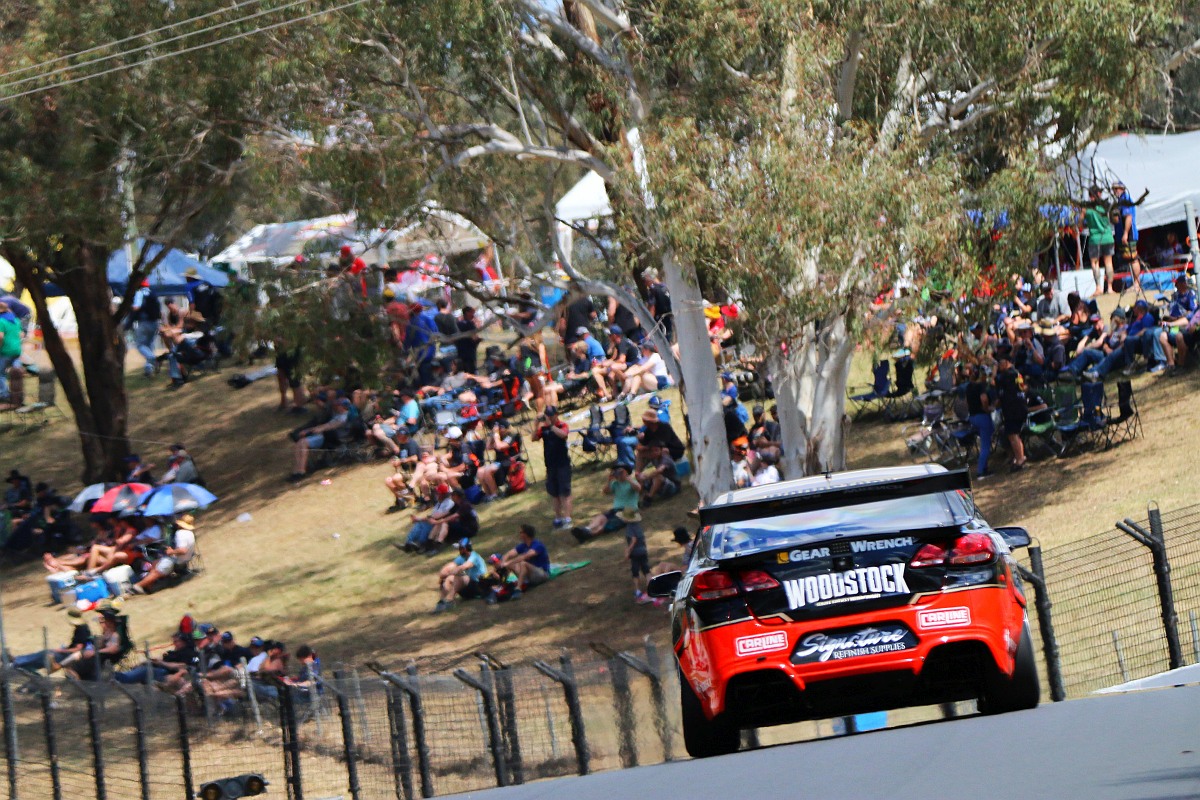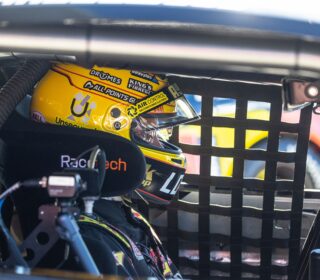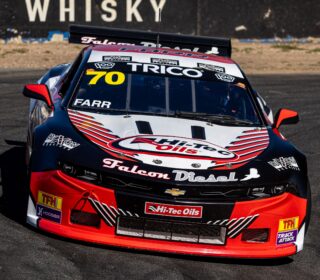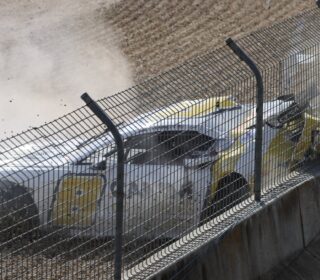#MondayArvo: Context is for Kings

I SPEAK to you this afternoon while tapping away at a keyboard overlooking what is, essentially, the Coral Sea.
While today they are calm and serene, In 1942 the oceans stretching out in front of me were the scene of some of the most vicious fighting in the Pacific campaign, as the US Navy combined with the Australian forces to turn the tide a critical time in World War Two.
And while technically the Battle of the Coral Sea was a military loss to the Allies it was strategically a building block that stemmed the Japanese advance and began the push back North in the later years of the war.
The damage or destruction to the Japanese fleet ensured that by the time the battle of Midway happened one month later the US forces had the upper hand.
It’s amazing to think that so much blood was shed on the seas that today are tinged in aqua with waves breaking out on the reefs a few kilometres from the shoreline on where I sit.
I have a Coffee at hand, a refreshing breeze in the air and last night I gorged on seafood and cocktails at a fabulous restaurant a short amble away.
It really is the kind of thing worth fighting for, so I’m only too happy to spend a moment or two ruminating on those that weren’t so lucky all those years ago, in this part of the world. They were brilliant, all of them, and that I am able to holiday in this paradise is down to them.
Now, of course, the Coral Sea serves two roles; one as a major tourist attraction as thousands of people from around the world visit to see the Great Barrier Reef and, secondly, as a hotbed for political activism surrounding the ongoing Climate Change discussion.
That subject is, like everything, relative to the context in how you look at a situation or on the ideals you use to form an opinion on something – and in the end only history is going to tell whether the Climate Change deniers or the Greenies were right.
It’s a bit like the CEO job of a certain major motor racing championship in our part of the world.
The head honcho’s of major sporting leagues are a bit like football coaches: they’re the first to be praised when things are going well and the first to be sacked when a wooden spoon or two are added to the trophy case in the team HQ.
In the same way that Gil McLachlan is in may ways the be-all and end-all of the AFL, James Warburton is the same for Supercars and even though there’s a board of directors to which he needs to answer and shareholders on the phone asking what’s going on, the buck ultimately stops at the boss.
Which is why they’re on the big bucks – though if you believe what you read in the media today that ironically may or may not have been the tipping point for James’ departure from the Supercars role.
In this case, the circumstances of his departure at the end of this season are, in my view, irrelevant; more to the point is the legacy he leaves and the achievements made in the last five years of his tenure.
And it is here where we come back to my point about context because I think your opinion of the departing CEO definitely depends on your place in the sport.
Because I work in it and am lucky enough to know a reasonable amount about how it works, I know the circumstances into which James came when he started at Supercars and the challenges he faced.
Supercars was in a tough position and under his leadership the organisation made a lot of sensible decisions that have invested some security and stability back into something that was otherwise looking (again, depending on who you talk to) quite shaky in 2013 or 14.
On a personal note I’m also appreciative that when Supercars took over the Bathurst 12 Hour in 2015 one of the first things they did was get in touch and say ‘hey, your job is safe’, which in my experience is indicative of the way the place has operated (at least in my little 12-hour corner of the world) in the last few years.
My interactions with the CEO have also been positive, to the point where when in Supercars North Sydney HQ for a meeting following the 2016 12 hour, he came up, shook my hand and exclaimed: ‘Craillsy.. aren’t you STILL commentating that race!’.
Of course, if you are a hater and the kind of person that spends most of their time complaining about the fact you can no longer access every round on free-to-air, and that the sport is clearly broken because TV ratings are down (despite the entire TV industry being down, but Good Story > Facts, etc) then you’re probably not going to be to disappointed he’s going. Context, as I said, is a thing.
Ultimately, history will be the judge and we won’t know the real outcome of the last five years’ work until the next five are complete – but it’s hard to look at Supercars now and say it isn’t better than it was five years ago.
And in the end, the old philosophy of leaving something in better condition than in which you found it has to ring true here.
Supercars obviously has work to do in transitioning into the new era quickly coming over the horizon, but the core of the business now seems strong enough to cope with whatever is to come.
And at the same time any incoming CEO has a good-sized pair of boots to fill in the process.
WORDS: Richard Craill
IMAGE: Mark Walker







